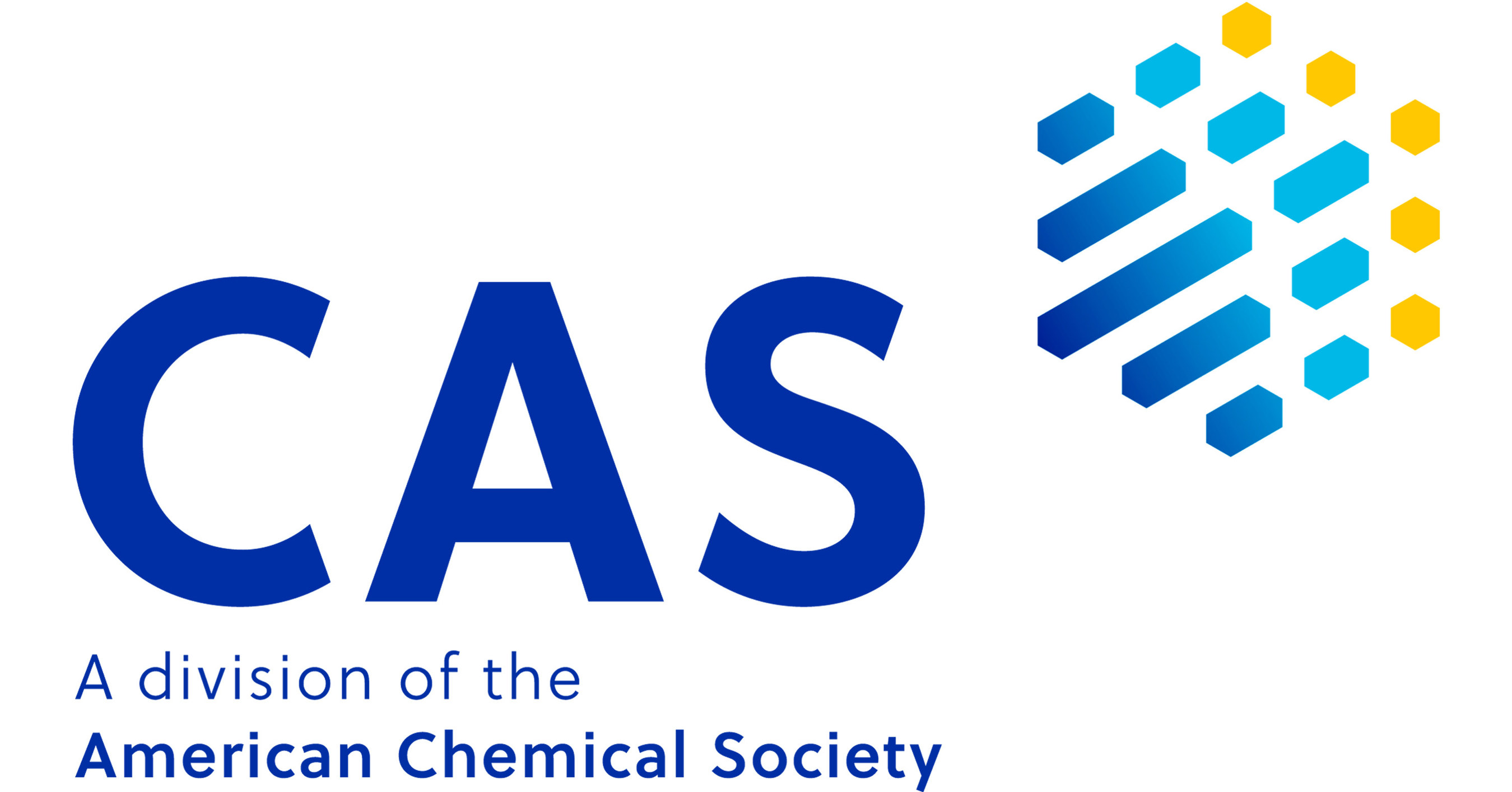Craig Stirling and Laura Dhillon Kane
Updated Sat, Apr 12, 2025, 1:50 PM 7 min read
In This Article:
(Bloomberg) — The first Group of Seven monetary policy decisions since President Donald Trump’s trade war unleashed global market turmoil may prompt diverging responses from either side of the Atlantic.
Most Read from Bloomberg
-
In Chicago, a Former Steel Mill Looks to Make a Quantum Leap
-
Midtown Office Building Evacuated on Concerns of Wall Collapse
While Bank of Canada officials on Wednesday could keep borrowing costs on hold to guard against the potential inflationary impact of an ongoing tariff battle with the US, the European Central Bank is now widely anticipated to reduce interest rates the following day.
The next Federal Reserve decision isn’t until May 7, so this week’s meetings put the onus on policymakers in Frankfurt and Ottawa to soothe investors while assessing the economic fallout from Trump’s action.
The US president has paused many of the harshest elements of his promised tariffs — with actions against China the exception — but market volatility and pervasive uncertainty may inflict damage too. ECB President Christine Lagarde hinted at those risks on Friday, saying officials are monitoring the situation and have tools available, and that price stability and financial stability go hand-in-hand.
This is the second time in just over two years that she and colleagues find themselves puzzling over a rate decision in the wake of turmoil emanating from the US, but before Fed policymakers met. After the collapse of Silicon Valley Bank prompted market ructions in 2023, the ECB opted not to blink, and delivered a promised half-point hike.
On this occasion, the ECB’s decision may be more straightforward. With tariffs likely to hit the economy but the European Union holding off for now on inflationary countermeasures, officials are widely expected to cut their rate by a quarter point.
Canada has more of a trade-off to consider. While Trump’s tariffs are already hurting business investment and consumer spending, inflation expectations are spiking. Data on consumer prices out on Tuesday may prove pivotal for their judgment.
What Bloomberg Economics Says:
“The ECB’s next interest rate decision on April 17 is becoming an easier one to make. On top of the potential direct hit to the euro-area economy from US tariffs, the Governing Council will also have to take into consideration the impact of a stronger currency.”
—David Powell and Simona della Chiaie, economists.
Elsewhere, rate decisions from South Korea to Turkey, Chinese GDP data, and inflation reports from the UK to Japan are among the highlights.
.png)
 German (DE)
German (DE)  English (US)
English (US)  Spanish (ES)
Spanish (ES)  French (FR)
French (FR)  Hindi (IN)
Hindi (IN)  Italian (IT)
Italian (IT)  Russian (RU)
Russian (RU) 







Comments